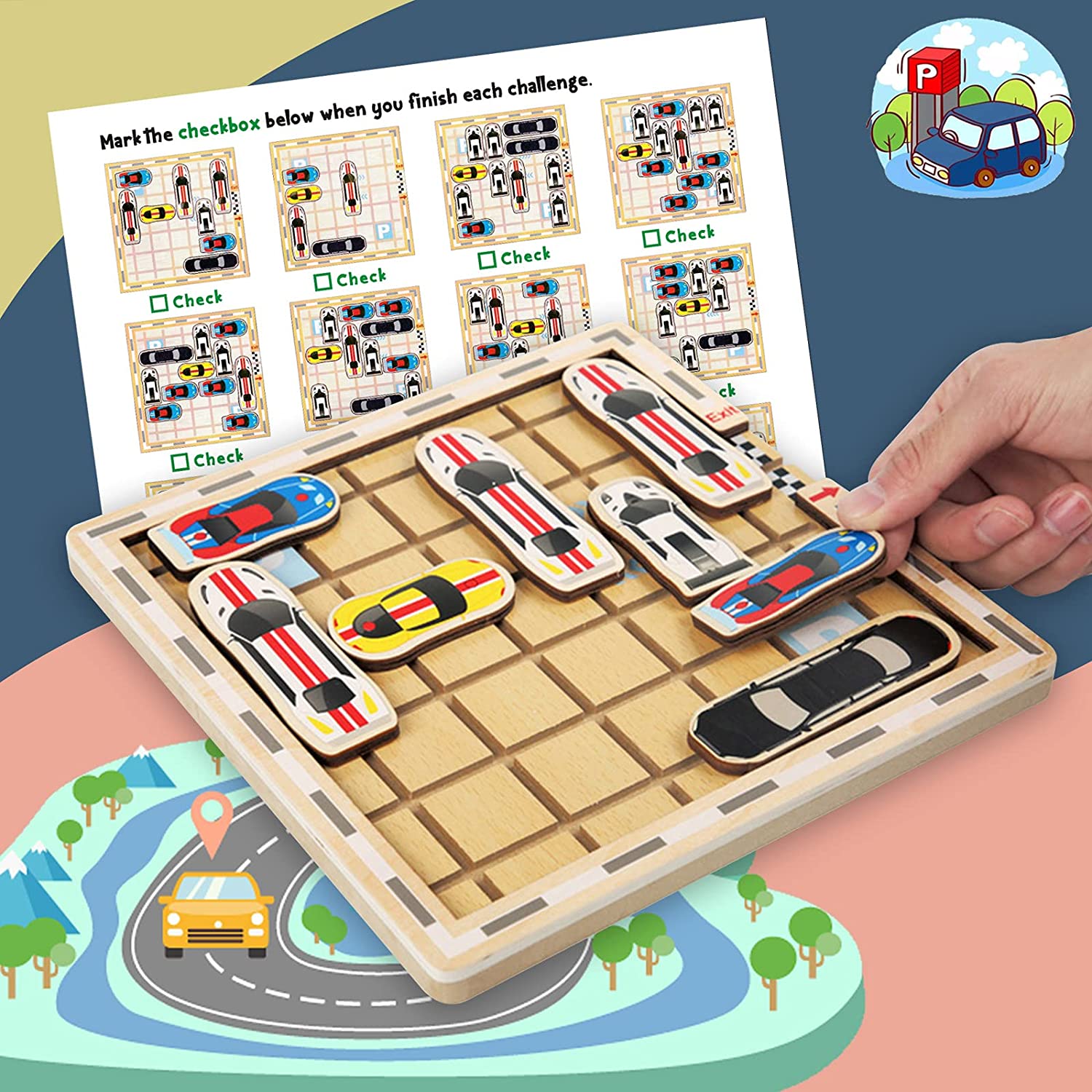Effects of Interactive Board Games to Children
This article examines Meta-messages, addiction, and social skills in game playing. There are several reasons children play board games, and one of them is fun!

Motivating children to play board games
There are many benefits of motivating children to play interactive board games. They foster essential life skills, including teamwork, cooperation, and verbal expression. They also develop patience, decision-making skills, and spatial awareness. This is a necessary trait for success. This article will outline a few ways to get your kids involved.
First, let your child pick the games. It may seem counter-intuitive, but allowing your child to choose a game is a great way to engage them in the experience. Using a positive environment is also an excellent way to encourage children to associate the games with fun. For example, you can mix up the game cards and turn them into an obstacle course where your child must complete a physical task to move forward.
Meta-messages
Interactive board games offer meta-messages that extend beyond a simple strategy game. For example, some games teach children essential life skills, foster concentration, and open the attention span. In addition, even simple board games offer meta-messages such as the importance of working together and never giving up.
Addiction
This article explores the dangers of addictive behaviors in people who play interactive board games. Addiction to interactive board games may be an unavoidable consequence of addictive behaviors, but it can be prevented. It is important to note that addictive behaviors may not be detected immediately. The symptoms of addiction are often gradual and may develop over time. However, there are warning signs that may signal that you might have an addiction. Addiction to interactive board games may also result from prolonged use.
The SWUG study involved surveys of participants about their demographics, game habits, and levels of addiction. For example, participants were asked about their gender, game preferences, frequency of playing, factions used, and whether they participated in tournaments. Participants were also asked about the extent of addiction to SWUG. However, addiction to SWUG was not found among people who played SWUG regularly. Instead, addicted people had higher gender and educational levels, and fewer negative behaviors, such as delinquency and social isolation.
Social skills
Interacting with other people is one of the most critical steps in building social skills. This activity helps young children learn to behave appropriately and develop different skills such as cooperation and empathy. Social skills are also developed through strategy games and matching games. The games require cooperative play and low-risk consequences. As a result, children learn how to listen to others’ perspectives and express themselves respectfully. In addition, these games foster children’s curiosity and encourage them to try different things.
Children play interactive board games with varying levels of engagement. In addition to offering a fun way to spend time with friends and family, these games promote healthy social behavior. Social scientists claim that these games also teach children valuable lessons on how to get along with others. For example, children can learn from older role models the importance of good manners and logical reasoning while playing these games. Several benefits of board games are also attributed to their ability to develop self-confidence.
